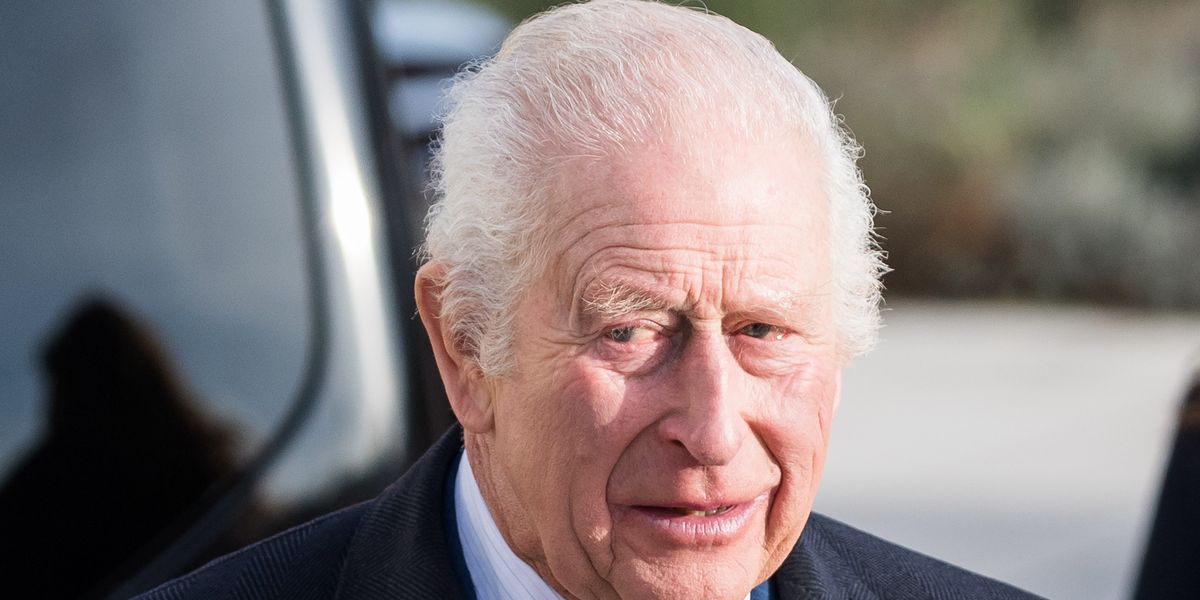Newly declassified documents have revealed that King Charles questioned Margaret Thatcher’s nuclear defence strategy during the Cold War whilst serving as Prince of Wales.
The documents, held by the National Archives and first reported by The Times, show how the then-Prince demanded personal military briefings from senior officials in 1983 about the Government’s approach to nuclear weapons and disarmament.
Palace representatives later informed ministers that the Prince was “not entirely convinced” by the Conservative administration’s policies and “did not follow the logic” of the explanations provided.
The prince was granted access to sensitive documents typically reserved for senior politicians and military figures, according to the newly released files.
On December 14, 1983, the Foreign Office received his request for briefings on “current arms control and disarmament issues”.
Officials responded by sending policy papers to Buckingham Palace that were originally “prepared for officials for meetings of ministers”.
The then-Prince of Wales was granted access to sensitive documents typically reserved for senior politicians and military figures
Getty
Internal government correspondence from the following month revealed the Prince’s dissatisfaction with their justification of the UK’s position on nuclear weapons testing.
The documents noted: “The Prince of Wales did not entirely follow the logic of the section and insofar as he did not follow it, was not entirely convinced by it.”
Whitehall departments acknowledged a contradiction between their public statements and private beliefs on nuclear testing.
One memo explained: “I suspect that HRH may have found it difficult to appreciate the distinction between the government’s private view that a Comprehensive Test Ban (CTB) is not in the UK’s interests, given the need to continue testing our deterrent, and our public position.”
Officials worried the Charles would reject further explanations of the government’s position.
A January 1984 memo warned: “I fear that the draft paper, in its present form, is unlikely to make HRH very much the wiser and may increase his apparent suspicion of obfuscation.”
The memo concluded: “We must be clearer and more frank.”
Palace representatives later informed ministers that the prince was “not entirely convinced” by the Conservative administration’s policies and “did not follow the logic” of the explanations provided.
Getty
Sir Bryan Cartledge, Britain’s ambassador to the Soviet Union, prepared a direct briefing for the prince on the nuclear testing issue.
“We support CTB as a long-term objective but we need a national nuclear deterrent,” Sir Bryan wrote. “If it is to be both credible and safe we have to go on testing it periodically.”
He acknowledged that “some ambiguity in our public stance is inevitable” while work continued towards a CTB agreement.
Sir Bryan noted his briefing was “pretty frank”, adding it needed to be that way “if it is to dispel any suspicion in HRH’s mind of official flannel or obfuscation”.
Newly declassified documents have revealed that King Charles questioned Margaret Thatcher’s nuclear defence strategy during the Cold War whilst serving as Prince of Wales.
Getty
The documents reveal how government officials ultimately had to provide more transparent explanations to address the Prince’s concerns about nuclear policy.
The correspondence shows a clear shift in approach, with officials acknowledging the need to move away from potentially unclear policy statements.
The prince’s questioning of nuclear defence strategy led to unprecedented access to sensitive military briefings and policy documents.
His persistent scrutiny of the government’s position on nuclear testing and disarmament prompted officials to provide increasingly detailed and frank explanations.




